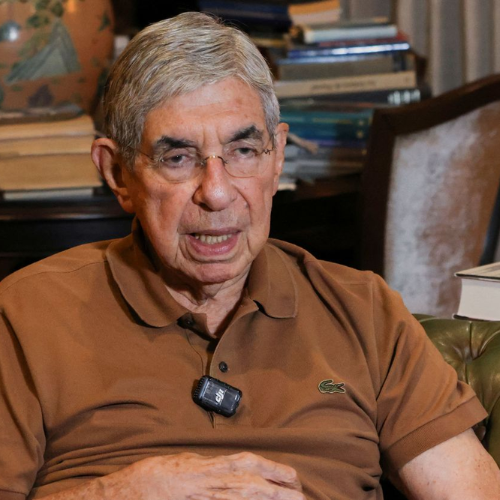Oscar Arias, the former President of Costa Rica and a Nobel Peace Prize winner, had his U.S. visa revoked unexpectedly. Arias, who is 84 years old, said he received an email from the U.S. State Department informing him of the cancellation. The email did not provide any detailed reason but stated that new information had come to light, making him ineligible for the visa.
Arias, who was twice elected as Costa Rica’s President, is well known for promoting democracy and peace in Central America. He played a crucial role in negotiating peace agreements in the region, which led to him winning the Nobel Peace Prize. Despite his past engagements with the U.S., his recent visa cancellation has raised questions about why such a step was taken.
Possible Reasons Behind the Cancellation
While the U.S. government has not given a specific reason for revoking Arias’s visa, he has his own suspicions. Arias has openly criticized U.S. policies on global trade, military spending, and recent conflicts around the world. He believes that his outspoken views may have played a role in the decision.
Cristina Kirchner Hit with U.S. Sanctions, Barred from Entry Over Corruption
One of his key criticisms has been about the U.S. imposing tariffs on Costa Rican imports. The U.S. has long promoted free trade agreements, and Costa Rica was one of the countries that benefited from these agreements. Arias finds it contradictory that the U.S. is now placing trade restrictions on its partners.
Arias has also voiced concerns about the war in Ukraine, the U.S.-China trade conflict, and the ongoing crisis in Gaza. He has been a strong advocate for reducing military spending worldwide and reallocating resources to education, healthcare, and environmental protection. He argues that the world needs more investment in these areas rather than in weapons and wars.
Another issue that confuses him is the U.S. decision to dismantle its Agency for International Development, which has helped many countries address basic human needs. He believes that such moves indicate that global priorities are being set incorrectly.
Eni Faces US Ban on Oil Payments from Venezuela’s PDVSA
His visa cancellation came shortly after U.S. President Donald Trump announced new tariffs on multiple trading partners, including Costa Rica. Arias pointed out that this action contradicts the U.S.’s historical push for free trade.
Arias’s Response to the Decision
Despite the sudden visa cancellation, Arias remains calm and unbothered. He stated that the U.S. had already honored him multiple times by awarding him 93 honorary degrees. He added that most of his trips to the U.S. were to receive these degrees, and he does not expect to receive any more.
Although he would have preferred that this situation did not occur, he emphasized that he still admires the U.S. and its people. However, he believes that ethical values are being misaligned when countries prioritize military power over human welfare.
For now, if Arias wishes to visit the U.S. again, he will have to go through the visa application process once more. The decision to revoke his visa without explanation remains a mystery, leaving many wondering about the true reason behind it.


